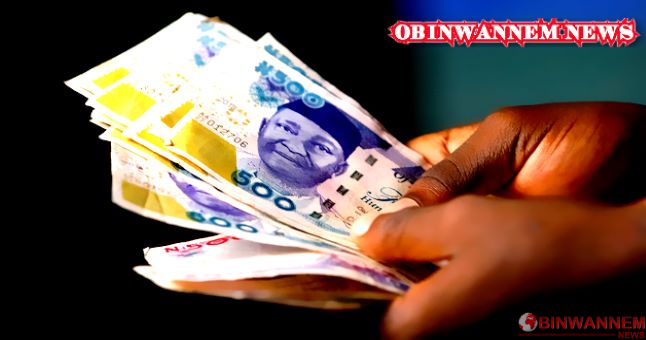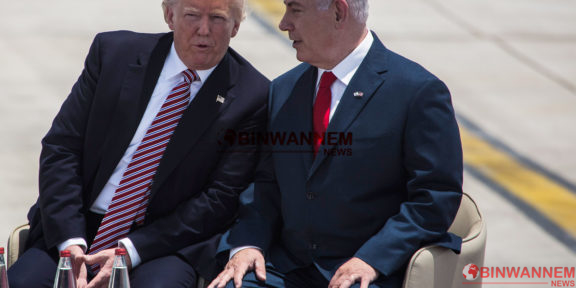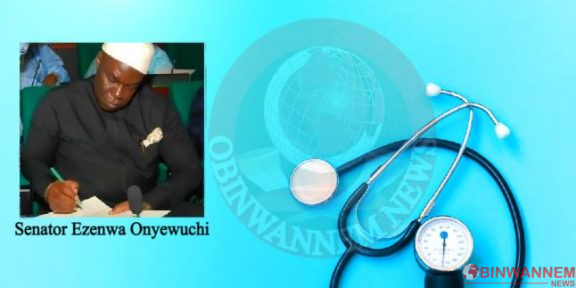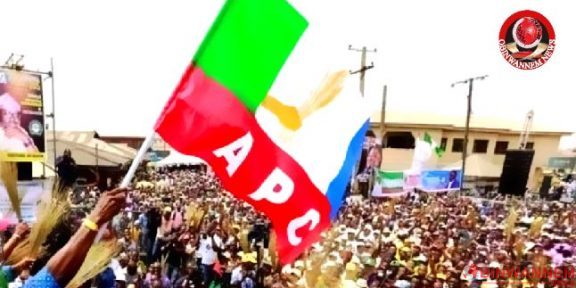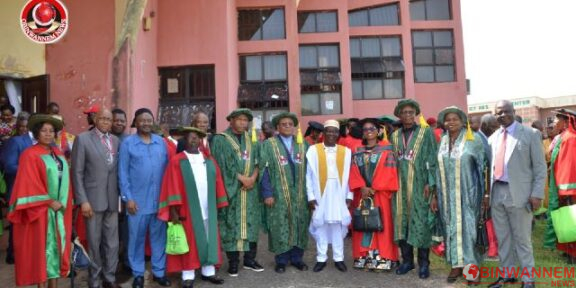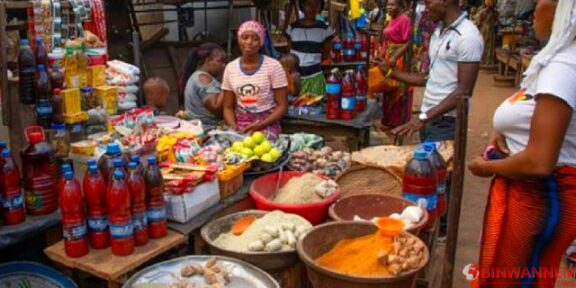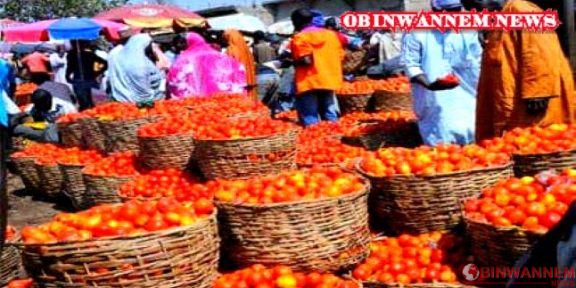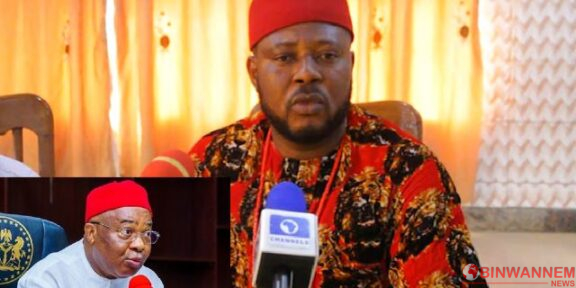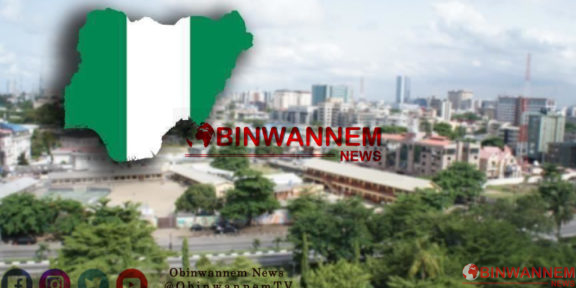The economy of Nigeria is ostensibly confronted with weak macroeconomic fundamentals, and persistent (ill) structural policy; notwithstanding its exit from recession.
According to the National Bureau of Statistics, NBS, the country did overcome recession, following a surge in the national Gross Domestic Product (GDP). The latter recorded a slight growth of 0.11 percent in the fourth quarter (Q4) of 2020.
The data revealed the growth of 0.11 percent, in comparison with a decline of 3.6 percent off, in the third quarter .
Nigeria’s exit from recession was driven by the non oil sector; especially, the Information and Communications Technology [telecommunication and broadcasting]. Other drivers were Agriculture (crop production), Real estate, Manufacturing, Food, Beverage and Tobacco, Mining and Construction.
On the contrary, average daily oil production of 1.56 million barrels per day (mbpd) was recorded in the fourth quarter, lower than the daily average production of 2.00mbpd recorded in the same quarter of 2019 by -0.44 mbpd and the third quarter of 2020 by -0.11 mbpd.
Members of Organized Private Sector (OPS), including Lagos Chamber of Commerce and Industry, said, “Apart from the declining growth, the economy is currently confronted with several challenges, including rising consumer prices ( inflation now at 45- month high of 16.47 percent in January 2019), weak employment level, persisting liquidity concerns in the foreign exchange market, a high poverty in advance, investors confidence and security.
“These challenges , which had been part of the country’s economic narrative prior to the pandemic were amplified by the Covid-19 induced disruption.”
A professor of Economics at the Olabisi Onabanjo University, Sherrifdeen Tella, said, “I don’t think NBS is right because you don’t judge ending of recession based on one economic factor or variable. Other factors such as inflation need to come down, exchange rate must be improved, and employment need to get reduced. The country is still recession,” he said.
He added, “so the country is still in recession up till now because we still have high level of unemployment; inflation is still rising, exchange rate is still depreciating and even the GDP they said has gone up, just did after the report of this month, when the price of oil did go up. That’s not the actual growth that’s even required.”
Lolo Ijeoma Njoku reporting, Obinwannem News


